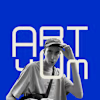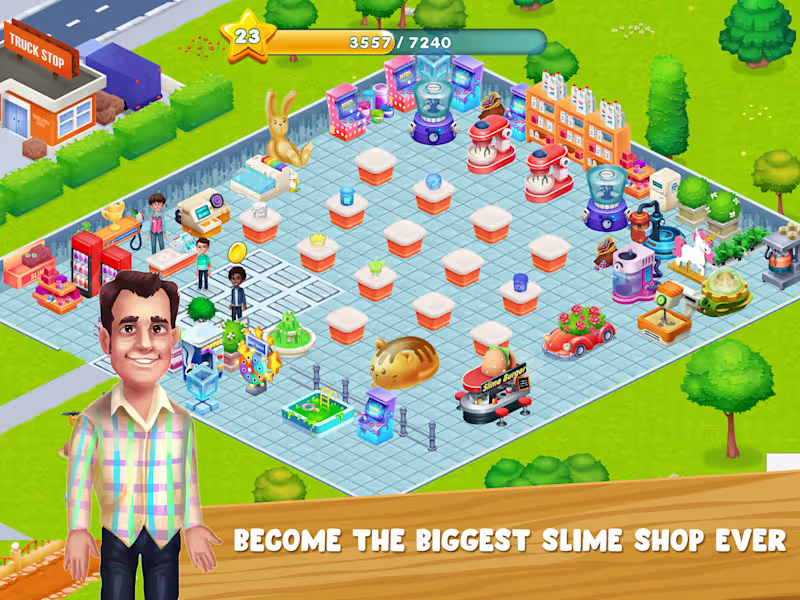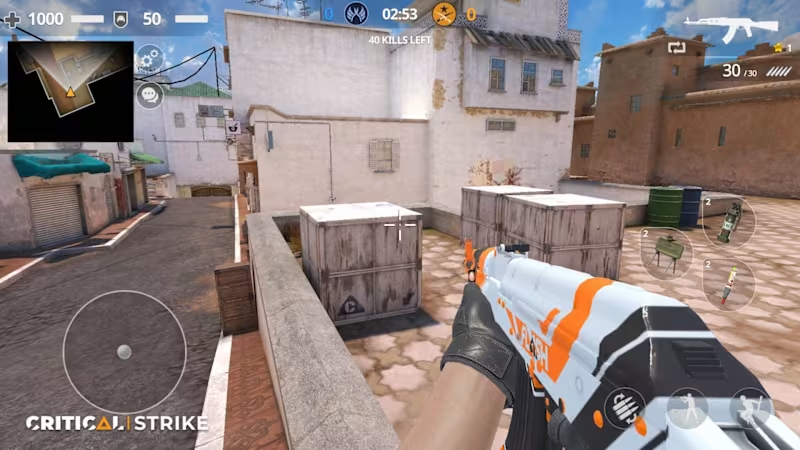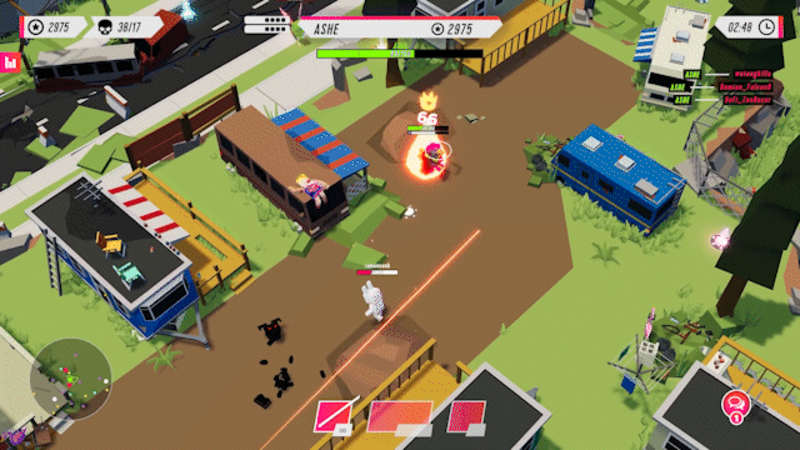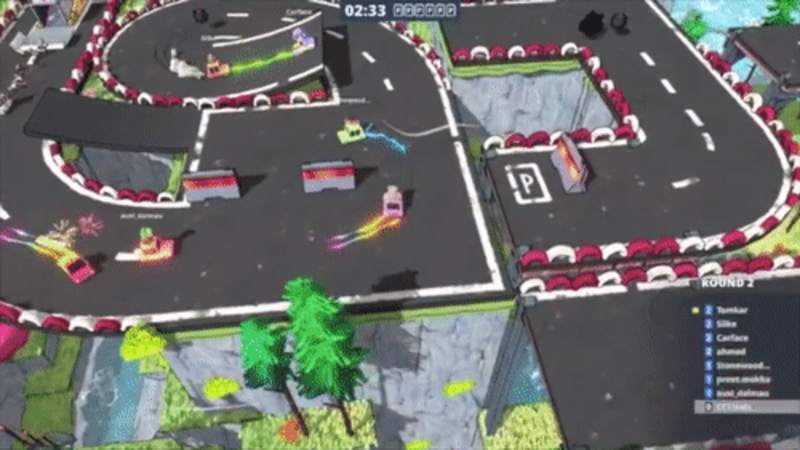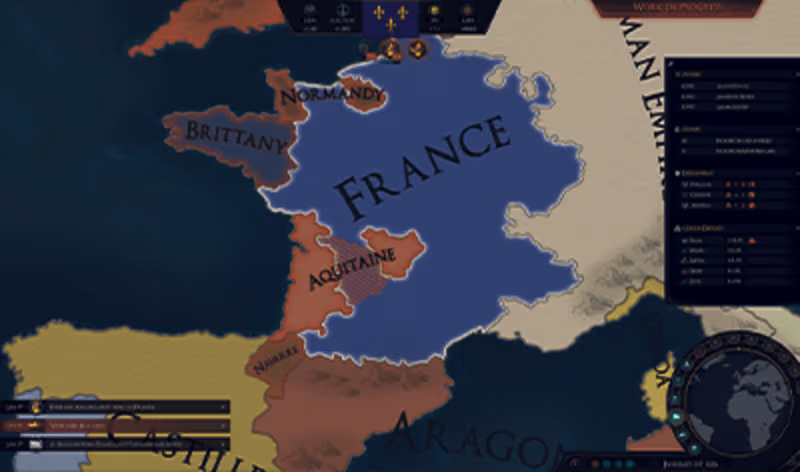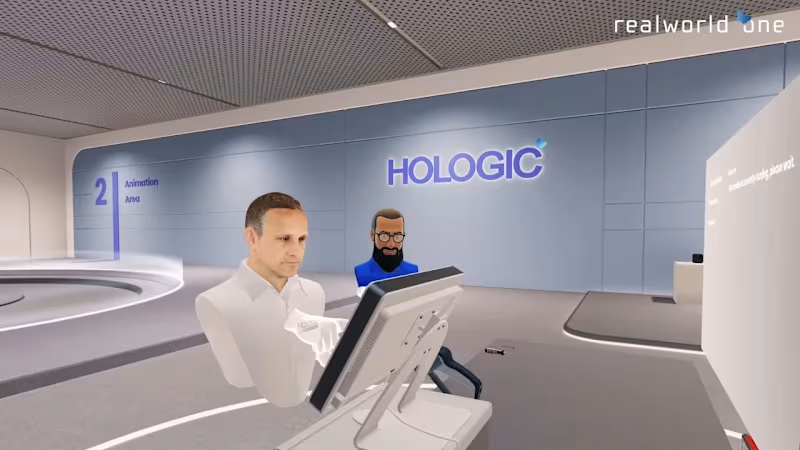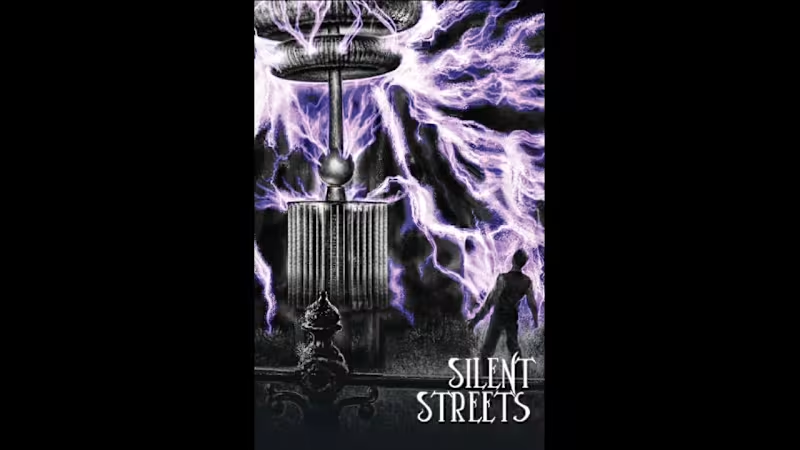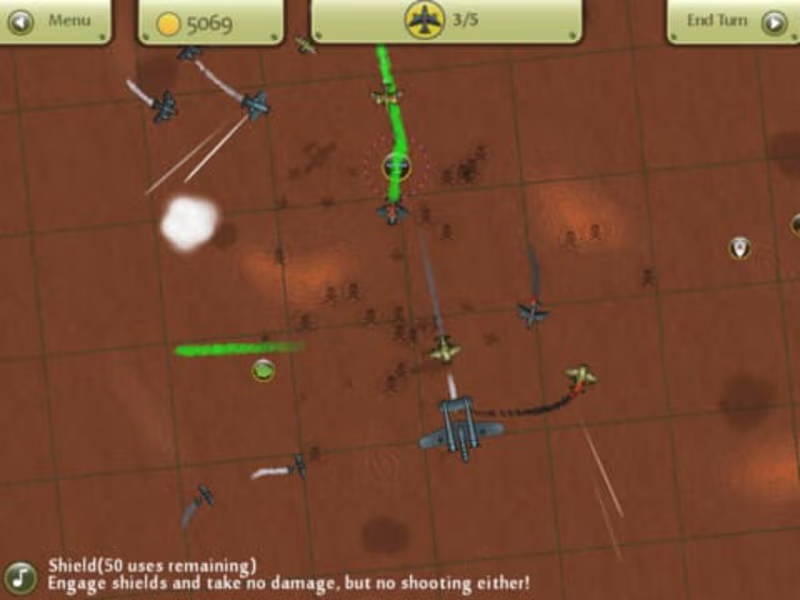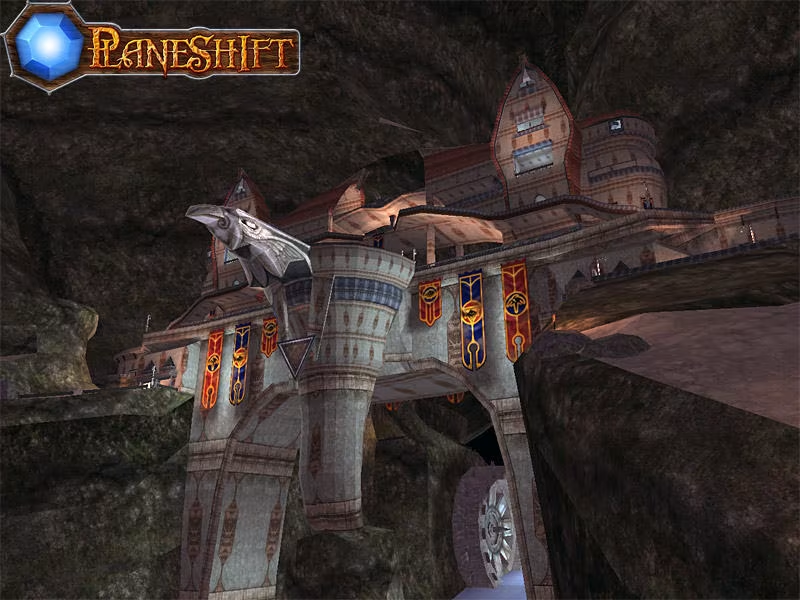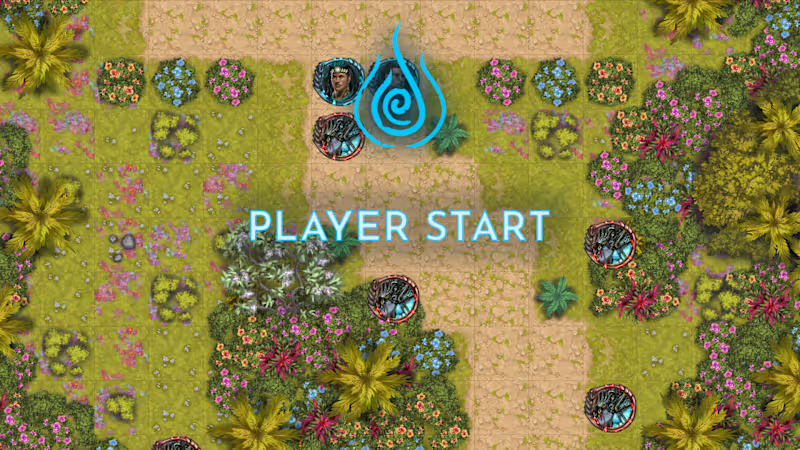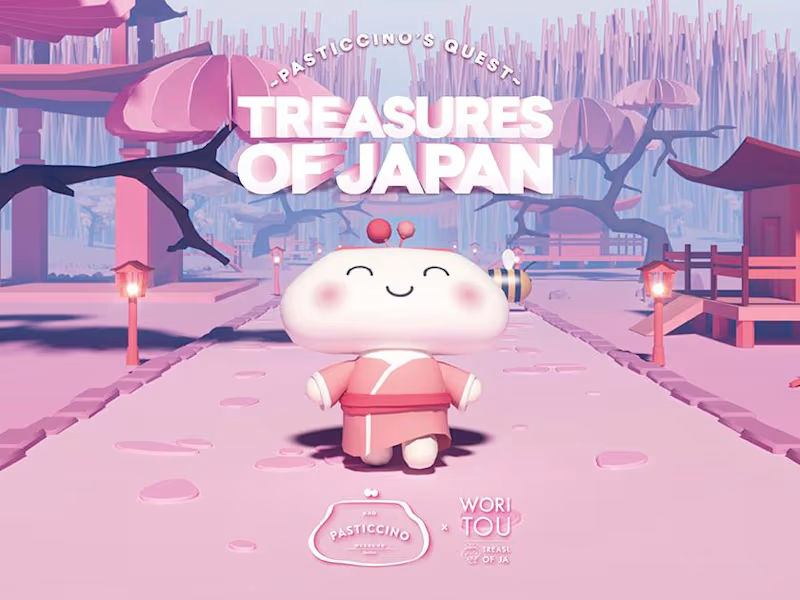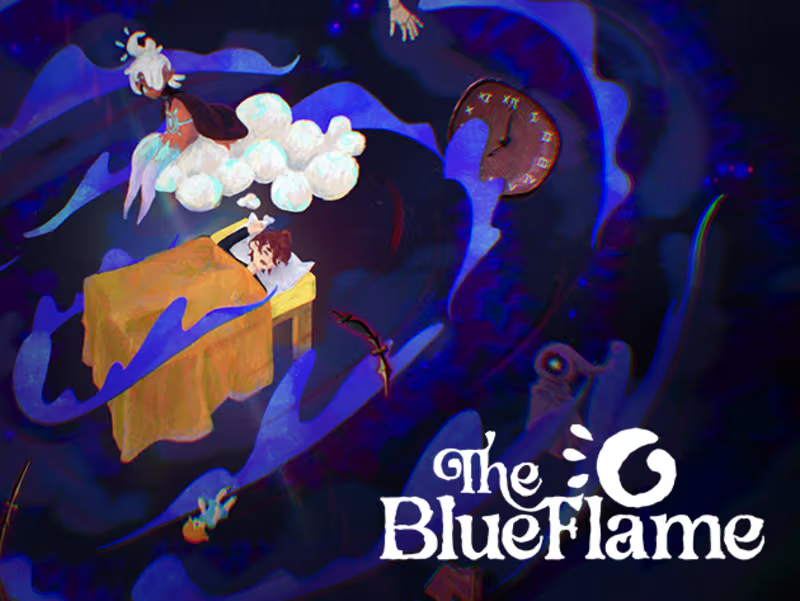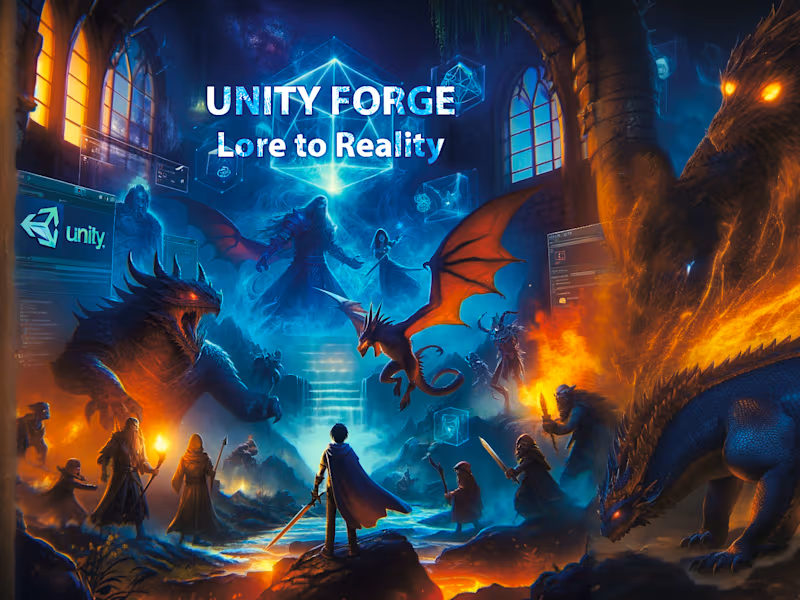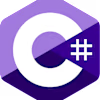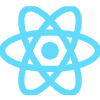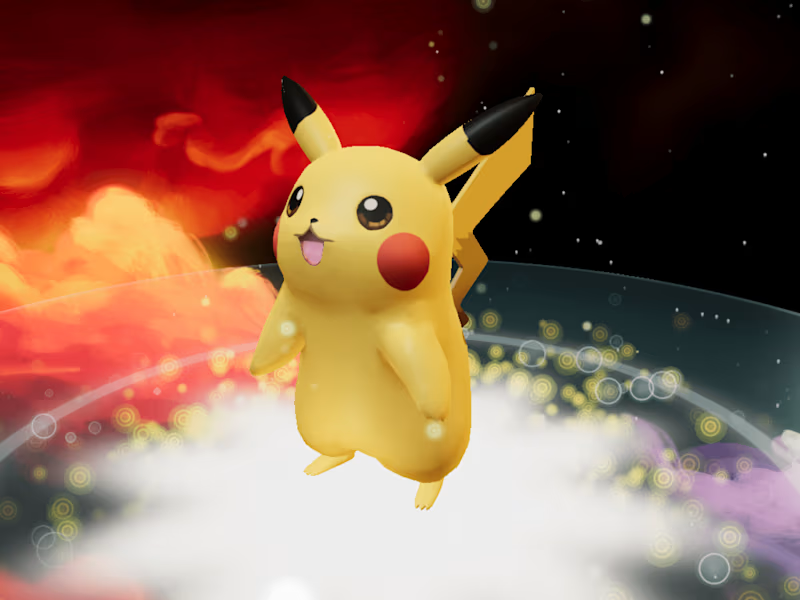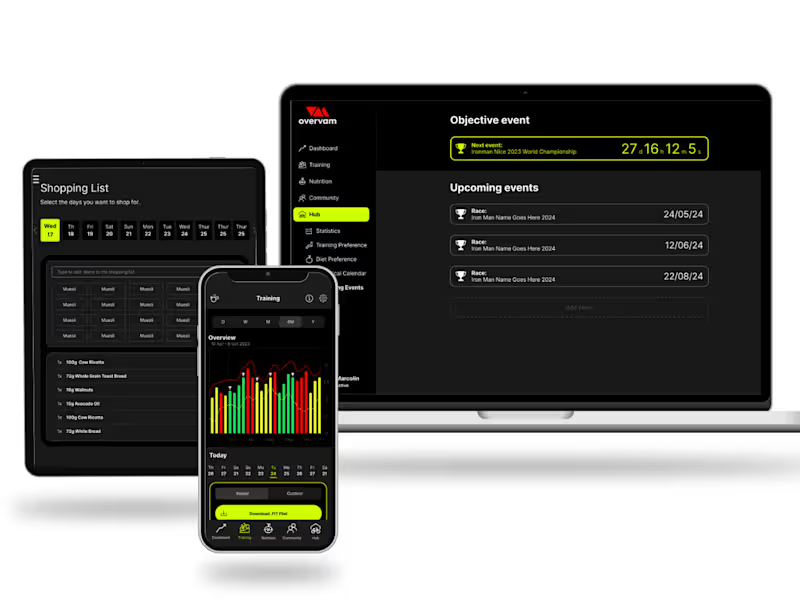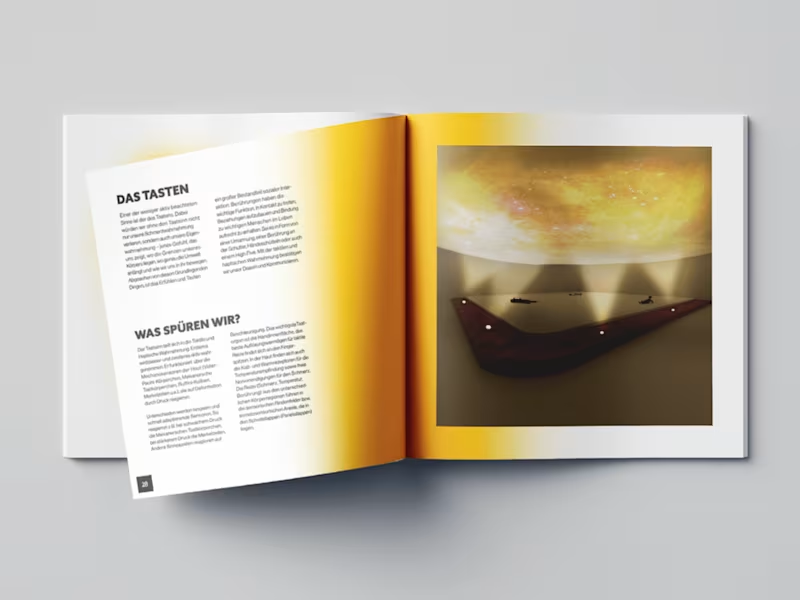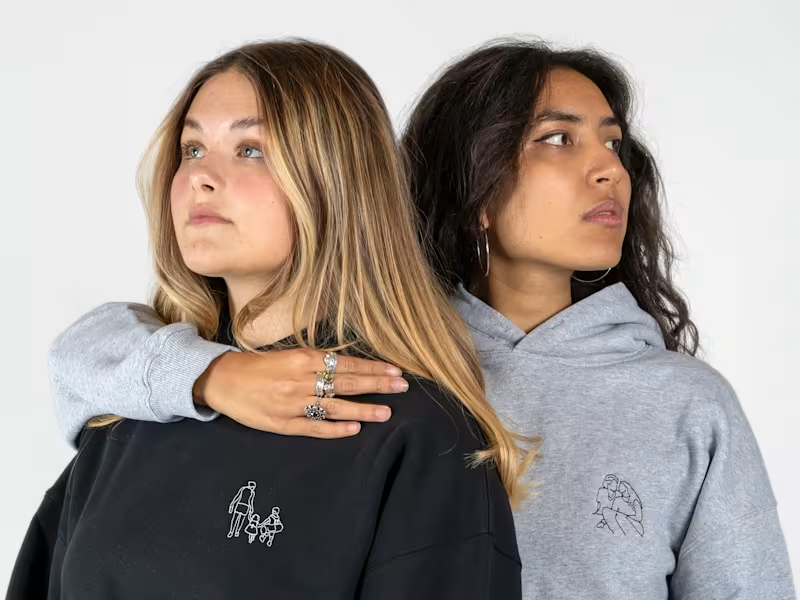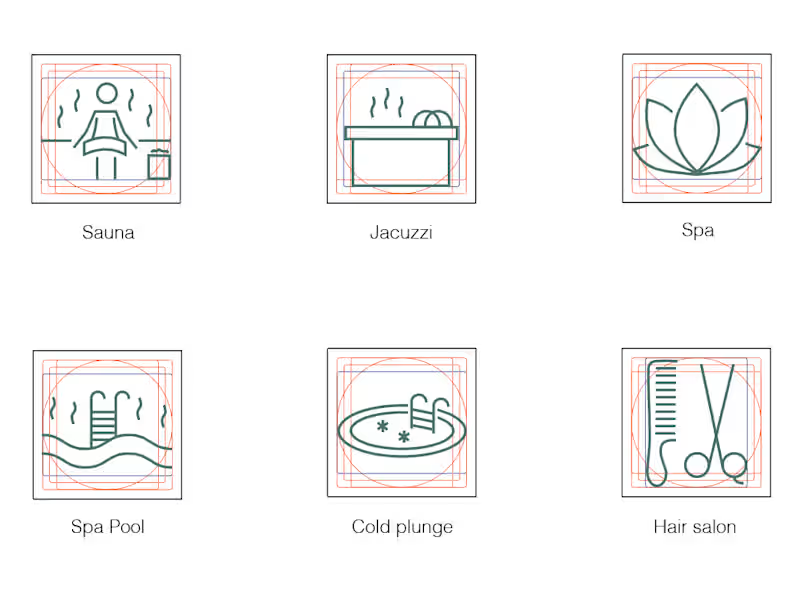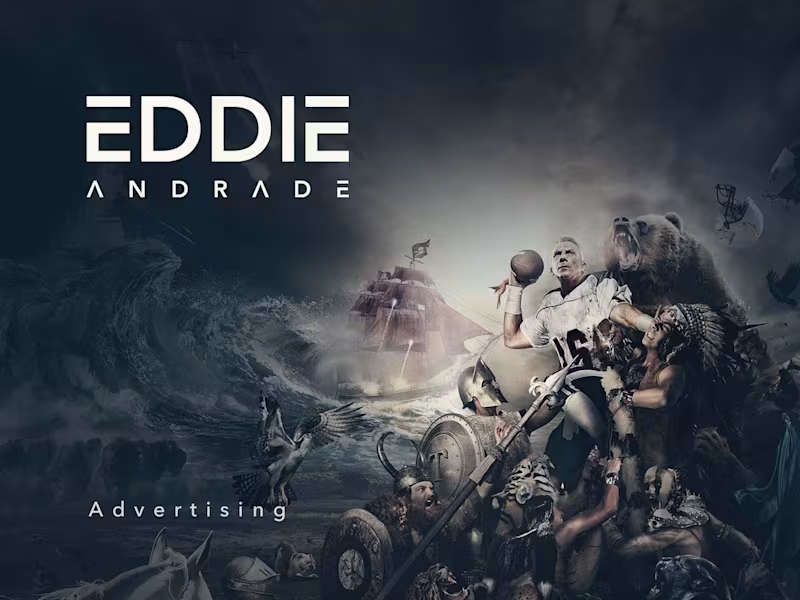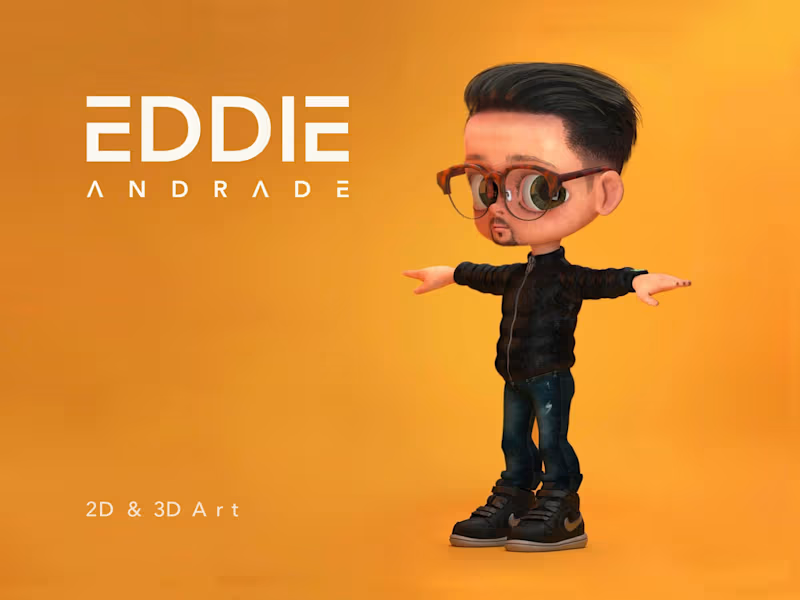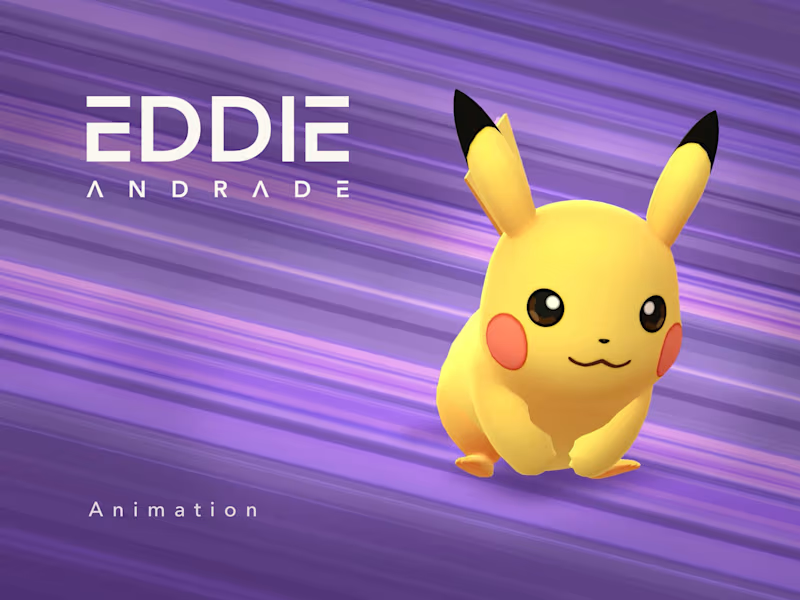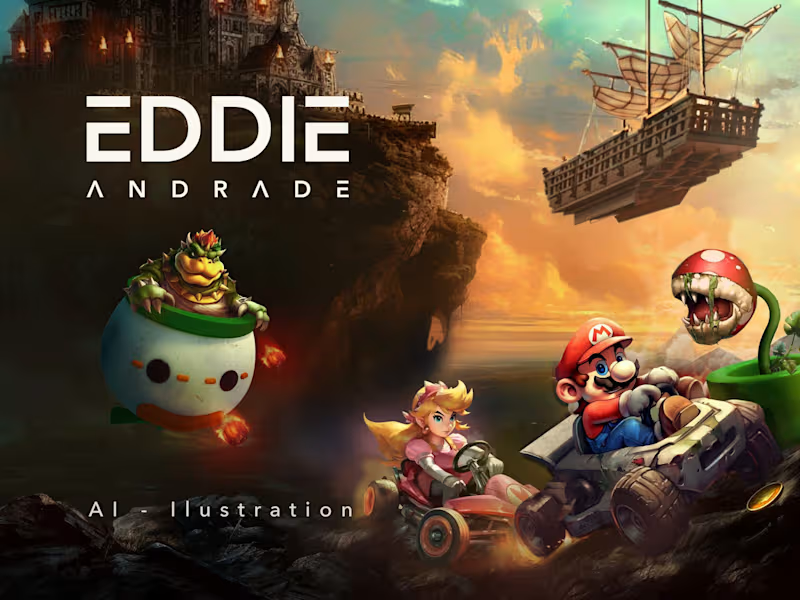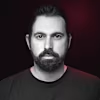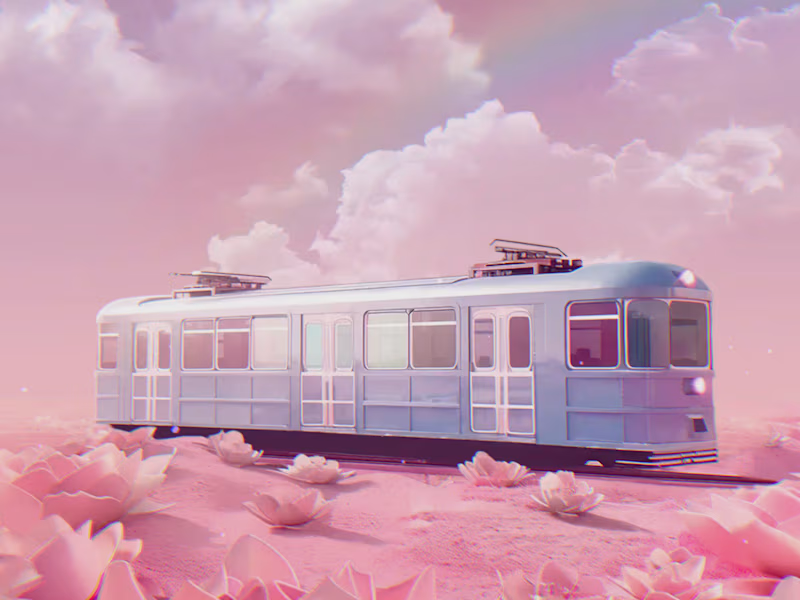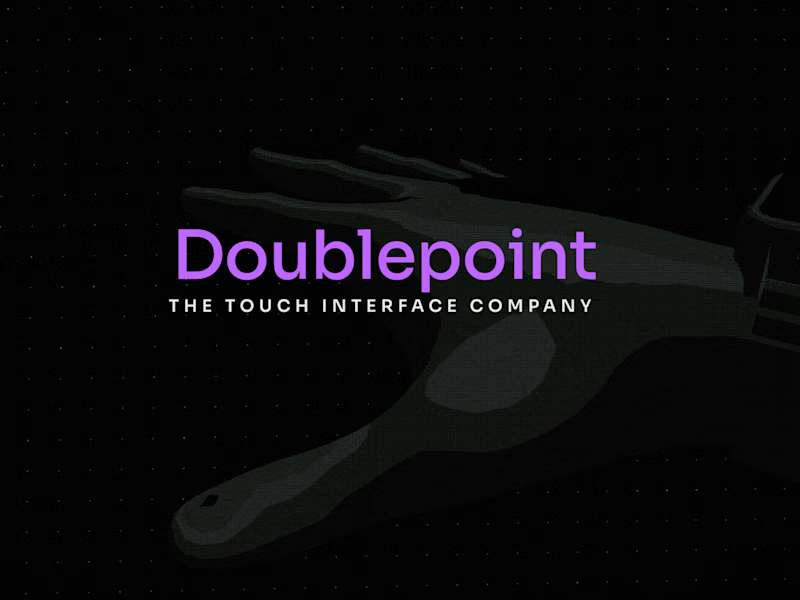How do I define the game's goals before hiring a game developer?
Start by thinking about the story you want to tell or the game mechanics you want players to enjoy. Write down the main objectives you want your game to achieve, like fun, simplicity, or challenging puzzles. Think of examples from games you love to help communicate your vision.
What should I include in the game design document (GDD)?
A good GDD should have the game's overall concept, target audience, and platform. Include character descriptions, level designs, and game mechanics. Adding visuals like sketches or mood boards can really help in explaining your ideas.
How do I set clear deliverables for the game project?
Break down the project into smaller parts, like character design, environment creation, or level design. Set clear timelines for each part and make sure they are realistic. Communicate these timelines openly with your developer to ensure you both agree.
What should I consider when discussing a project timeline with a developer?
Think about how long each part of the project might take. Factor in any holidays, other commitments, or possible delays. Regular check-ins can help keep everything on track and allow you to make adjustments if needed.
How important is choosing the right game engine for the project?
The game engine is like the brain of your game, handling how it looks and works. Talk with your developer about which engine suits your game's needs best. Consider things like graphics, performance, and any special features you want.
What type of communication plan should I set up with the game developer?
Decide on how often you'd like to check in, whether it’s weekly or biweekly. Choose easy ways to communicate, like video calls or instant messaging. Being clear on your expectations can really help keep everyone on the same page.
How do I ensure my game project has quality assurance (QA) testing?
Discuss including a QA phase in your timeline where developers can test the game. Think about having others play it too, to find bugs or see what could be improved. Make sure your developer is ready to fix any issues found during testing.
How can I estimate the resources needed for the game project?
Think about what kind of skills your developer needs, like 3D modeling or coding. Make a list of special tools or software you might need. Factor in the time and manpower required for each stage of your game.
What should I look for in a game developer's portfolio before hiring?
Look for games they’ve worked on that you like or are similar to your idea. Check if their style fits your vision for the game. A strong portfolio will show their experience and creativity.
How important is it to align on the style and vision for the game?
Making sure your vision matches with the developer’s style helps the game turn out as you imagine. Share examples or inspiration images to explain what you want. Alignment on style makes teamwork easier and the project more fun for everyone.
Who is Contra for?
Contra is designed for both freelancers (referred to as "independents") and clients. Freelancers can showcase their work, connect with clients, and manage projects commission-free. Clients can discover and hire top freelance talent for their projects.
What is the vision of Contra?
Contra aims to revolutionize the world of work by providing an all-in-one platform that empowers freelancers and clients to connect and collaborate seamlessly, eliminating traditional barriers and commission fees.




























